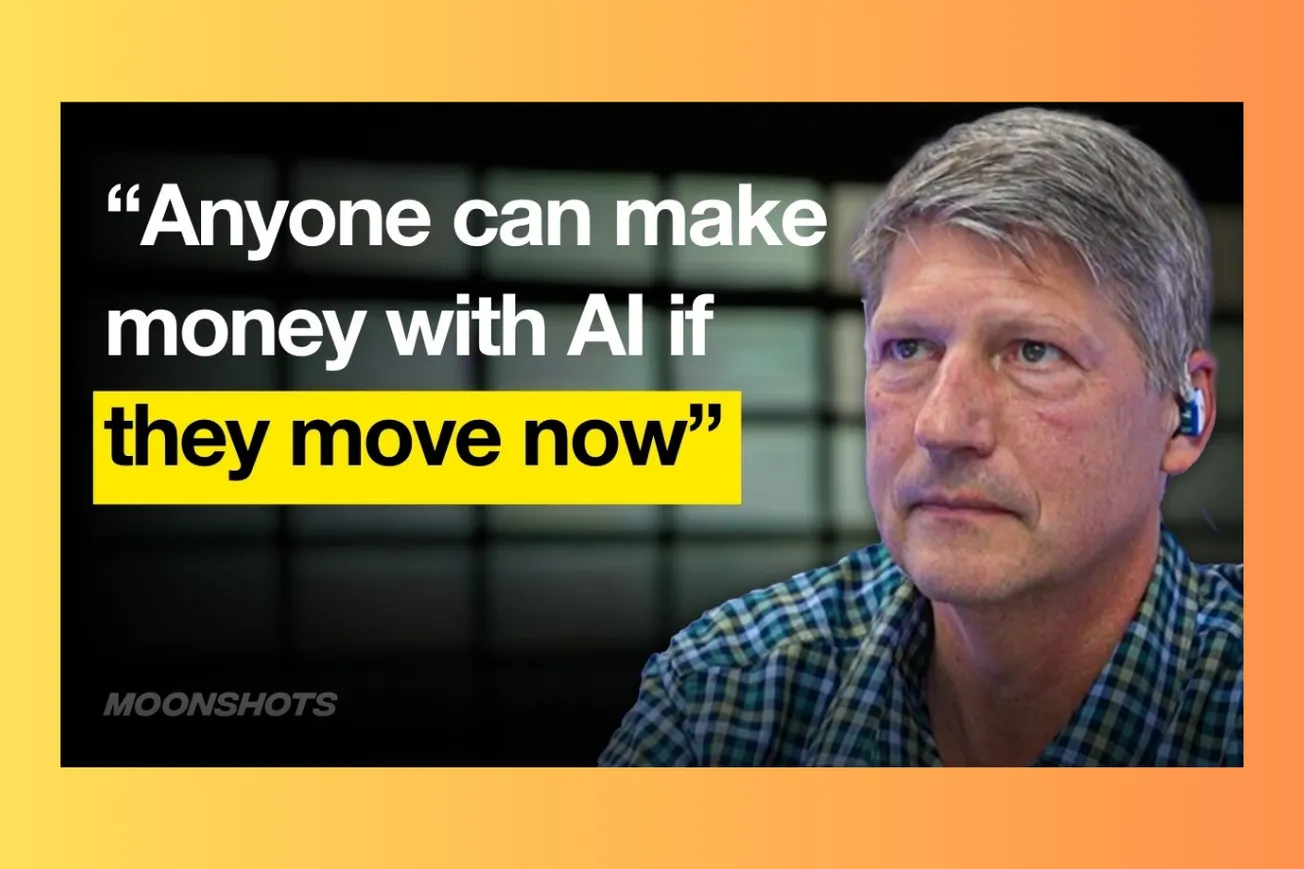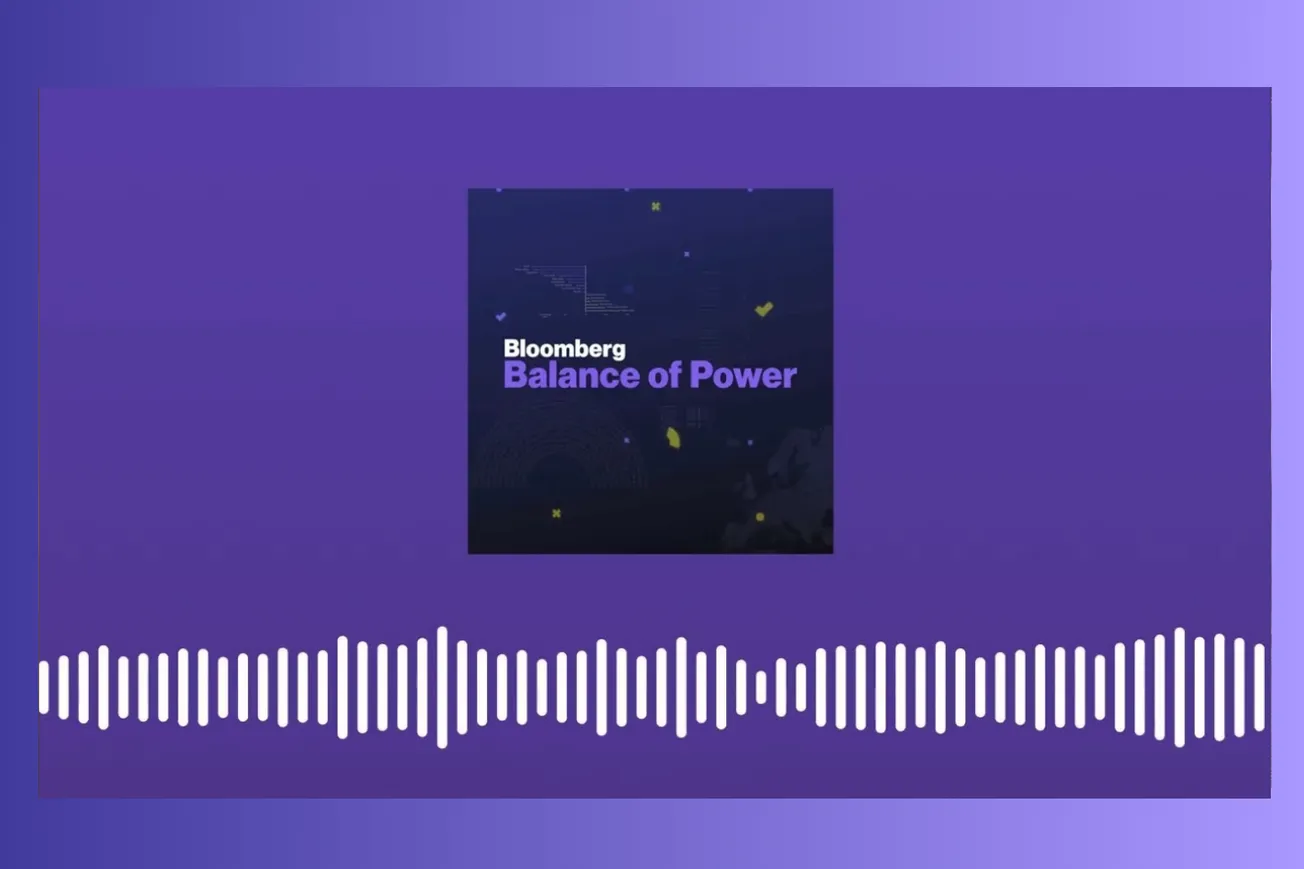Table of Contents
We're living through the most explosive wealth-creation period in human history, and it's all being driven by artificial intelligence. The numbers are staggering, the speed is unprecedented, and frankly, most people have no idea what they're missing.
Key Takeaways
- 36 unicorn companies emerged in just six months of 2024, marking an unprecedented acceleration in startup valuations
- AI companies are reaching $1 million in revenue in 5 months versus the previous 16-month average
- Time to $5 million revenue has compressed from 41 months to just 13 months for AI startups
- Meta offers are hitting $1 billion for top AI talent, with OpenAI spending $4.4 billion on stock-based compensation alone
- Nvidia's market cap surpassed Apple's at $3.92 trillion, making it the world's most valuable company
- Young entrepreneurs in their late teens are building billion-dollar companies faster than ever before
- The talent war for AI expertise is driving compensation packages to historic highs
- Investment opportunities span chips, power generation, data centers, and software layers with 10-100x performance improvements
- Elon Musk purchased an entire overseas power plant to support XAI's massive data center operations
- This wealth creation cycle shows no signs of slowing down and could accelerate further with AGI development
The Speed Revolution That's Rewriting Business History
Here's what's really happening that most people aren't grasping yet. We're not just seeing another tech boom - we're witnessing a fundamental compression of time itself in business building.
Think about this: before 2020, it took companies an average of 16 months to hit their first million in annual revenue. Today's AI companies are doing it in 5 months. That's not incremental improvement - that's a complete paradigm shift that's making millionaires faster than any trend we've ever seen.
- Revenue acceleration defies all historical precedent - Companies that used to take nearly 4 years to reach $5 million are now getting there in just over a year
- Headcount efficiency creates unprecedented leverage - Modern AI companies reach billion-dollar valuations with 30-50 employees versus the 200+ required in previous eras
- Path to profitability is radically shortened - Unlike dot-com era companies that burned cash for years, AI startups can switch to profitability almost instantly
- Cloud infrastructure eliminates traditional scaling costs - Variable computing costs mean entrepreneurs can scale without massive upfront capital requirements
The math here is mind-boggling. Dave Blundin, who manages about a billion dollars in seed-stage funding, shared a perfect example: "Merkor added $20 million a week of value from the day we invested at seed stage to today." When your portfolio company is adding that kind of value weekly, buying a $6 million apartment building to save them even one week becomes a no-brainer investment.
What's driving this acceleration isn't just better technology - it's a double exponential effect. We had the first exponential when cloud services allowed companies to make computing costs variable rather than fixed. Now AI is creating another exponential on top of that, accelerating everything including the path to revenue.
- AI enables rapid iteration and development cycles - What used to take months of development can now happen in weeks or days
- Market validation happens at lightning speed - AI tools help companies identify and capture market opportunities faster than ever
- Customer acquisition costs plummet - AI-powered marketing and sales processes dramatically improve efficiency and conversion rates
- Product development cycles compress - From ideation to market-ready product in record time
The Age of Teenage Billionaires Has Arrived
Something fascinating is happening with the age demographics of wealth creation. For the first time in 15 years, we're seeing self-made billionaires under 30 again, and the trend is accelerating downward.
Brendan Foody from Merkor represents this perfectly. When Dave Blundin's team first invested in him, Brendan was 18 or 19 years old. The company went from a $30 million valuation to $2 billion in less than two years, with rumors of an $8-10 billion preemptive term sheet floating around. That's the kind of wealth creation speed we're talking about.
- Unconstrained thinking provides massive advantages - Young entrepreneurs haven't been taught what's "impossible" yet
- Digital native understanding of AI and tech - This generation lives and breathes technology in ways older entrepreneurs simply can't match
- Nothing to lose mentality drives bold decisions - No existing career or reputation to protect means they can take bigger risks
- Access to powerful AI development tools - Vibe coding and large language models let them build and iterate incredibly quickly
Here's what's really interesting about the recruiting dynamics: when you're 18-20 years old, all your most talented friends are also available. Compare that to trying to recruit a dream team when you're 40 - nine out of ten people you'd want to work with are already locked into other commitments, bonus cycles, and existing responsibilities.
The story gets even more compelling when you look at the funding side. These young teams are raising massive rounds at valuations that would have been unthinkable just a few years ago. The speed from idea to billion-dollar valuation has compressed so dramatically that we're seeing what can only be described as a new breed of exponential organization.
- Peer networks become instant founding teams - Young entrepreneurs can quickly assemble talented teams from their existing relationships
- No legacy thinking to overcome - They approach problems with fresh perspectives unburdened by "how things have always been done"
- Venture capital is actively seeking younger founders - Investors recognize that the sweet spot for AI company creation has shifted dramatically younger
- Success stories inspire even bolder ventures - Each young billionaire creates a demonstration effect that encourages others to think bigger
The Trillion-Dollar Talent War Reshaping Compensation
The competition for AI talent has reached levels that are honestly hard to believe unless you're seeing it firsthand. We're talking about compensation packages that sound like fantasy football numbers.
Meta alone has shown they're willing to go to extraordinary lengths. Mark Zuckerberg personally recruited an entire dream team including Nat Friedman, Daniel Gross, and Alexander Wang to head up a new group called Super Intelligence Labs. The message is clear: they're not just competing for talent, they're going all-in to win the AI race.
- $1 billion offers are being turned down - Palmer Luckey famously rejected Zuckerberg's first billion-dollar offer before eventually accepting $2.2 billion
- OpenAI spent $4.4 billion on stock-based compensation - That's more than they're spending on actual compute resources
- Meta offers packages exceeding $100 million - For the right talent, these companies are writing checks that would have been unthinkable just years ago
- Poaching wars between major AI labs - OpenAI's chief research officer described Meta's recruiting as "someone has broken into our home and stolen something"
The financial firepower behind this talent war is staggering. Meta sits on $58 billion in cash with a $1.35 trillion market cap. Google has $101 billion in cash with a $2.2 trillion valuation. Microsoft holds $78 billion in cash at a $3.2 trillion market cap. When the stakes are this high and the resources are this vast, traditional compensation models simply don't apply.
What's really driving these insane numbers is the recognition that access to the best AI talent is the single differentiator that will determine which companies dominate the next decade. If you believe AGI and ASI are coming, then securing the people who can build those systems becomes an existential priority.
- Technical expertise commands premium valuations - The ability to avoid costly training run failures can justify massive compensation packages
- Network effects multiply talent value - Top researchers often bring entire teams with them when they switch companies
- Timing creates winner-take-all dynamics - Being first to breakthrough moments can be worth hundreds of billions in market value
- Retention becomes critical strategic advantage - Once you have the best talent, keeping them becomes as important as acquiring them initially
Investment Opportunities That Could Define Generational Wealth
Here's where things get really interesting for anyone thinking about where to deploy capital right now. We're looking at what Salim Ismail calls "an unstoppable meta trend" - and the investment opportunities span multiple layers of the stack.
The obvious plays are getting harder to access. You're not getting allocation in Anthropic, OpenAI, or XAI when they do secondaries or their next rounds. Those offerings get snapped up instantly by existing investors and strategic partners. But that doesn't mean the opportunities aren't there - you just have to think differently about where to find them.
- Chip and hardware infrastructure plays - Nvidia's rise from also-ran to world's most valuable company shows what's possible in the semiconductor space
- Power generation and energy infrastructure - Elon Musk buying an entire overseas power plant to support XAI operations signals massive opportunities in energy
- Data center real estate and facilities - The demand for compute-optimized real estate is exploding as AI workloads require specialized infrastructure
- Software layer innovations with 10-100x performance improvements - These require less capital but can generate enormous returns through algorithmic breakthroughs
Dave Blundin makes a compelling point about the software layer: "When you're looking at Elon buying a million and a half chips, that's a $30-40 billion risk. If you accelerate the algorithm running on those chips by 10x, you just saved an enormous amount of money." The returns in software can be far superior because they're not as capital intensive.
The geothermal energy angle is particularly intriguing. With AI data centers requiring massive amounts of reliable power, companies that can solve the energy equation are positioning themselves for enormous returns. One entrepreneur is drilling over geothermal bedrock to build large-scale plants specifically to serve this market.
- Vertical AI applications in specific domains - Pick an industry you know well and invest in AI companies transforming that space
- Seed-stage venture funds with strong deal flow - Find funds that route their pro-rata rights to investors when they can't keep up with valuations
- Bitcoin and crypto infrastructure - Some investors are putting everything into Bitcoin, betting on its role in the new digital economy
- Real estate and physical infrastructure - The basic building blocks of the AI revolution still need to be built and housed somewhere
The Creative Destruction Wave That's Just Beginning
While we're celebrating all this wealth creation, there's another side to this story that's equally important. We're seeing what economists call creative destruction happening at an unprecedented pace, and it's going to accelerate.
Chegg lost 90% of its market cap in 2024 because ChatGPT became faster and cheaper for students seeking homework help. That's not just a business model disruption - that's complete market annihilation in record time. And Chegg is just the beginning.
- Software-as-a-Service companies face existential threats - Many SaaS businesses can be replaced by AI wrappers that deliver better results at lower costs
- Content platforms struggle against AI generation - Reddit, Quora, Medium, and similar platforms risk losing relevance as AI creates better, personalized content
- Educational technology companies scramble to adapt - Khan Academy, Quizlet, and traditional learning platforms must evolve or risk obsolescence
- Traditional banking faces decentralized finance pressure - DeFi networks are already handling massive transaction flows that bypass traditional banking infrastructure
The companies at risk aren't just small players. We're talking about household names like Adobe Stock, Survey Monkey, and even Wikipedia potentially facing significant disruption. The pattern is consistent: if your business model can be replicated or improved by AI at a fraction of the cost, you're in trouble.
Salim Ismail's insights about corporate innovation are crucial here. Big companies struggle with disruptive innovation because they're optimized for efficiency and predictability, not breakthrough thinking. The only model that works is edge innovation - setting up teams away from the core business with freedom to disrupt.
- Regulatory moats provide temporary protection - Banks and insurance companies benefit from regulatory barriers, but these won't last forever
- Founder-led companies adapt faster - Companies with visionary leaders can pivot more quickly than committee-driven organizations
- Product-market fit can collapse overnight - Even successful companies with strong metrics can see their entire market disappear rapidly
- Self-disruption becomes survival strategy - Companies that don't disrupt themselves will be disrupted by someone else
The Exponential Future That's Already Here
What strikes me most about all of this is how quickly the impossible becomes inevitable. Just five years ago, if you'd predicted that a 19-year-old could build a billion-dollar company in two years, people would have laughed. If you'd said Nvidia would become more valuable than Apple, they'd have thought you were delusional.
Yet here we are. And we're still in the early stages.
The conversation has already shifted from AGI to super intelligence, which tells you everything about the trajectory we're on. When Mark Zuckerberg is writing internal memos saying "super intelligence is coming into sight," you know we're approaching inflection points that will make today's wealth creation look modest by comparison.
The infrastructure being built is staggering. XAI's cluster has 340,000 Nvidia GPUs today, with a goal of a million GPUs by December 31st. Elon's purchasing entire power plants to support data center operations. These aren't experiments - they're massive bets on a future that's rushing toward us faster than most people realize.
For anyone wondering whether they've missed the boat, the answer is definitively no. We're still in the early chapters of this story. The companies being built today will create the next generation of billionaires and reshape entire industries. The question isn't whether this transformation will happen - it's whether you'll position yourself to benefit from it.





